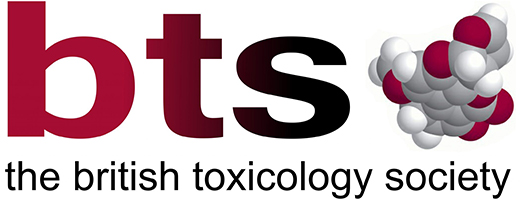Contract Toxicology
Contract Research Organisation (CRO) toxicologists work with many different companies in the pharmaceutical and chemical industries. As CROs conduct a wide range of studies, their toxicologists can become expert in the details of how to conduct and interpret complex studies across a range of species and dose routes.
Companies that develop pharmaceuticals or chemicals do not always have their own in-house facilities or have time/resource/space to conduct toxicology studies. It can therefore be much more cost and time effective to employ a CRO to conduct the work. These organisations provide standard toxicology studies that assess toxicity following short- and long- term exposure to a drug or chemical, and may also offer a broad range of specialised studies, such as reproduction toxicology or genetic toxicology, to further investigate toxic effects in detail.
Contracts placed with a CRO are often overseen by pharmaceutical or industrial toxicologists from the company requiring the study (the sponsor). This means that a CRO toxicologist may regularly meet with representatives of the sponsor company to discuss the planning, progress and interpretation of the study results. Communication is therefore a significant part of the job.
By working on studies, toxicologists in a CRO become expert in the details of planning and designing the study (the study protocol), running the study, plus interpretation of the data and the conclusions that can be drawn from the results (the study report). Knowledge of international guidelines which define how to correctly perform and report the study is vital, as study reports form the basis of drug and chemical regulatory submissions
A career as a CRO toxicologist usually commences directly from university after completing a science degree, or after post-graduate training either in toxicology or a related subject. The toxicologist initially trains in a supervisory role before becoming a Study Director. Further career progression depends on each CRO, but can involve positions such as Senior Toxicologist and Head of Toxicology.
Expertise in the conduct of toxicology studies makes CRO toxicologists useful members serving on expert working/advisory groups, for example in industry or government, utilising their knowledge to offer independent advice on matters of toxicity and safety risk assessment.
Real Life Stories

